
 The SFFaudio Podcast #357 – Jesse and David Stifel talk about Captain James Hook And The Curse Of Peter Pan by Jeremiah Kleckner and Jeremy Marshall.
The SFFaudio Podcast #357 – Jesse and David Stifel talk about Captain James Hook And The Curse Of Peter Pan by Jeremiah Kleckner and Jeremy Marshall.
Talked about on today’s show:
that Burroughs guy (or Captain Hook), Jeremy Marshall, Jeremiah Kleckner, a modern book?, a little under six hours, a take off on a well known property, not a kid’s book, the Peter Pan play, the starting point for this book, childish irresponsibility, a Twilight Zone episode, J.M. Barrie’s Peter Pan, written for adults, vocabularies, they got a dog, in-jokes, Alice In Wonderland, he workshopped it, Hook wasn’t in the play originally, kids love pirates, this kid kidnaps other kids, a sequel, the timeline, Harry Potter of a hundred years ago, Hook, Pan, the Disney film, the black and white Broadway broadcast, kinescope, what a great role, the prototypical adult, the Etonian accent, Cyril Ritchard’s voice, The Roar of the Greasepaint – The Smell of the Crowd, the writing is so good, subtly twisted scenes, why it is short, Jeremiah Kleckner is an English teacher, how to enjoy reading, pre-production, the competition, an ACX book, Jeremiah Kleckner’s blog, auditions, the new publishing model, the cover art, Jesse is very cynical, so is David, self-published, word-wooze, wound and wooze, guberreality?, Chinese food, David Baldacci, what writing is about, a lot of gushing, an alternate take, a prequel to Peter Pan, fairies, a crocodile, Neverland, the Lost Boys, a jigsaw puzzle, who is Captain Hook?, Hook is right, Peter Pan is a self-indulgent little brat, flying, too bad!, Peter Pan treats the Lost Boys like toys, set on a course for evil, with Billy Mumy, It’s a Good Life, “happy fun”, the alliterative punctuation, the god Pan, the god of lonely shepherd boys and the god of panic, panopticon, pan was able to multiply himself infinitely, not the horny goat god, the god of wildness, children and childhood became a thing, children’s literature, child focused culture, child labour, Barrie was the peak of child culture, anti-science, “who believes in fairies?”, why we need Mr Jim Moon, the push pull of science, science killing all the fantasy of being a child, Sir Arthur Conan Doyle, he just wants to believe, The Best Of Sick Jokes,
Willie, with a thirst for gore,
Nailed his sister to the door.
Mother said, with humor quaint,
“Willie, dear, don’t scratch the paint.”
the symbol of how good the writing is, James Hoodkins, breaking the bottle, the night before his thirteenth birthday, “have fun forever”, a lucky escape, Michael Darling, the Darling family, a failed adult, a funding problem, Smee, Captain Hook’s boatswain (bo’sun), an interesting backstory for Smee, “it’s me”, Blackbeard, Long John Silver, Treasure Island, Black Sails mixes historical and fictional pirates, Robert Louis Stevenson, the second reality, Jesse Labette, Smee by A.M. Burrage, clean fun, hide-and-seek, The Demolished Man by Alfred Bester, sardine, a retelling, why does Hoodkins have a sidekick in William, responsibility, double-sided reality, watch out for William, a first step towards manhood, be his mommy, what if…, a stunning achievement, “I’m taking them to heaven.”, a child’s heaven, death, never land, just step out the window, jumping off the roof, almost a real place, The Etymologicon: A Circular Stroll Through The Hidden Connections Of The English Language by Mark Forsyth, the impact of Peter Pan, Wendy, Jonathan Swift, Vanessa, Hermione, a romp, a great performance in a meaty role, natives will tell, by today’s standards, losing regionalisms, mid-Atlantic accent, the Edgar Rice Burroughs audiobooks, a swashbuckling adventure, a completely flawless performance, a sleeper that deserves to be heard, a really fine audiobook that deserves more exposure, the Amazon.com reviews are excellent, “masterful narration”, little Billy at 5, an undersold masterpiece, with the marketing budget…, David’s tastes, science fiction as a modernization of fantasy, thinking critically about a classic, Hook was right!, Hook’s the hero!, it’s not just what you know about Peter Pan, a lot of pirate research, more real than The Pirates Of The Caribbean, not an arrrgh until the appearance of Long John Silver
Posted by Jesse Willis
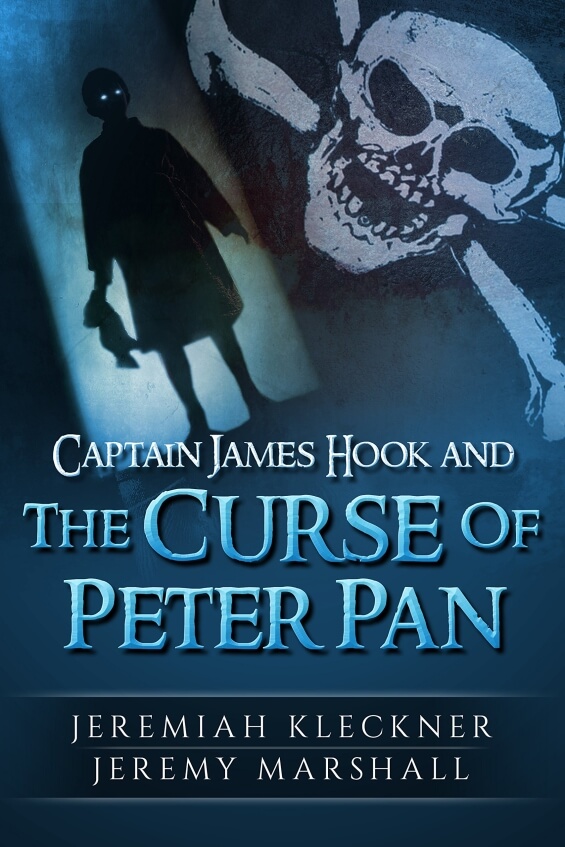
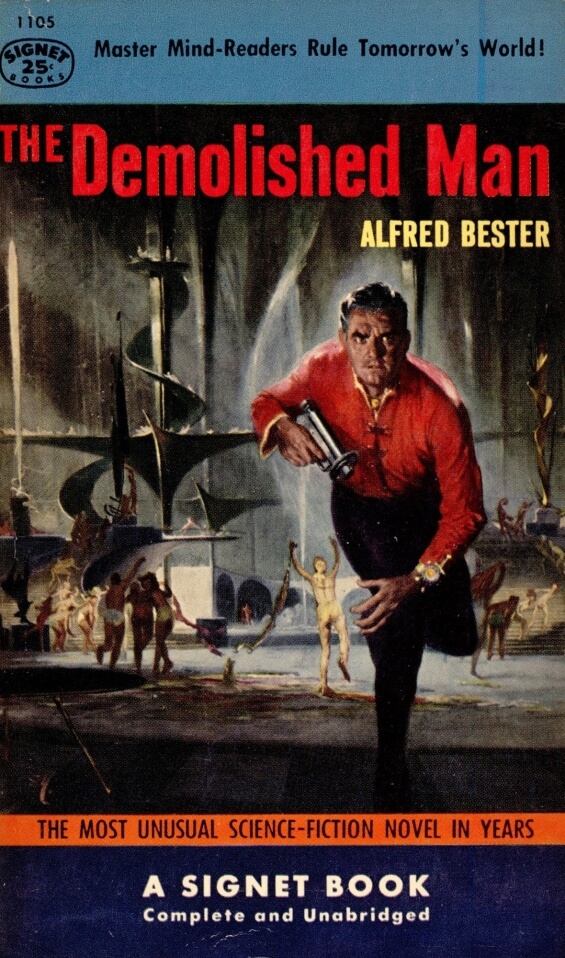
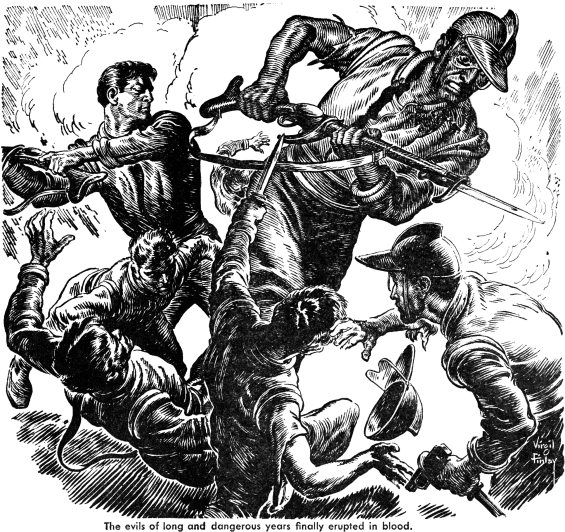
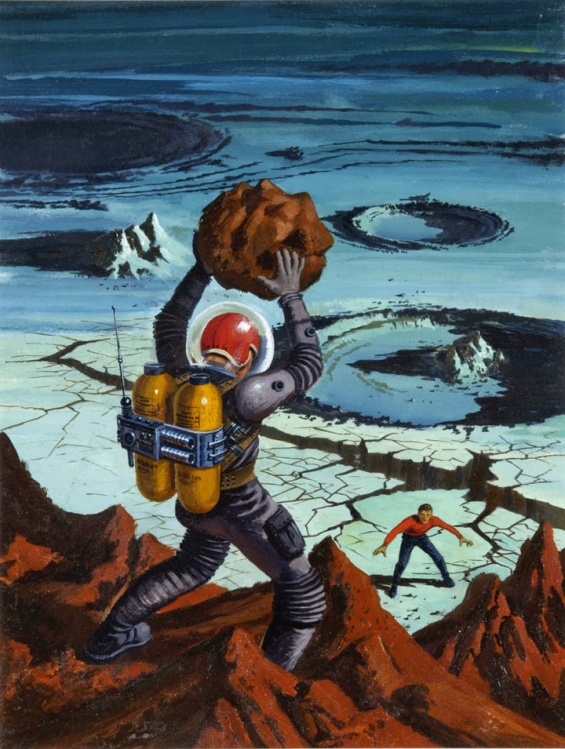
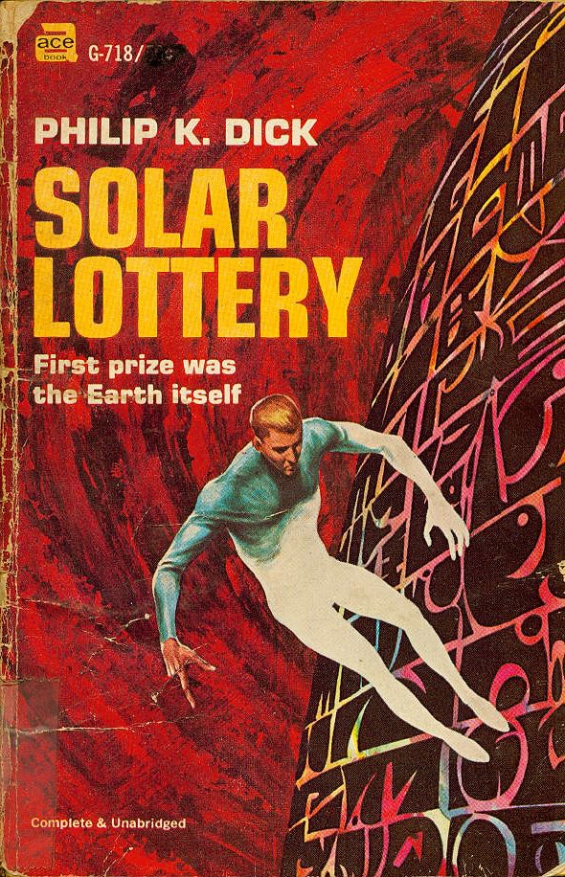
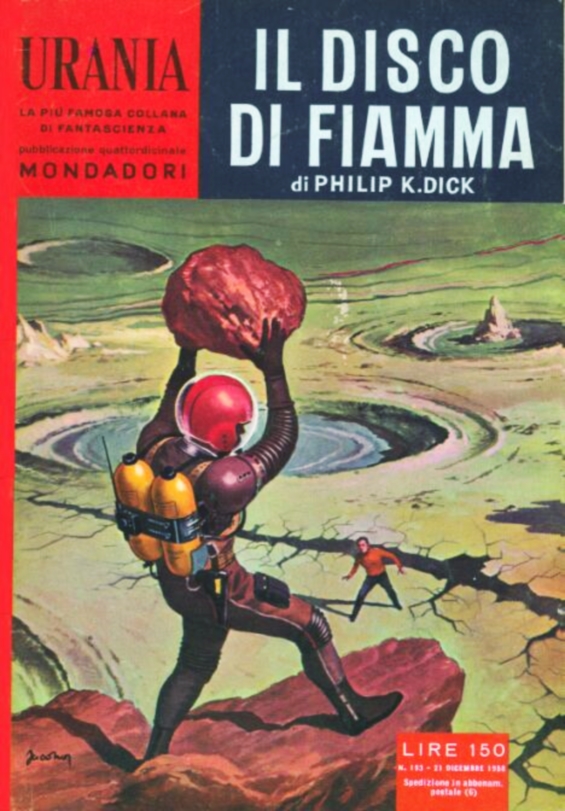
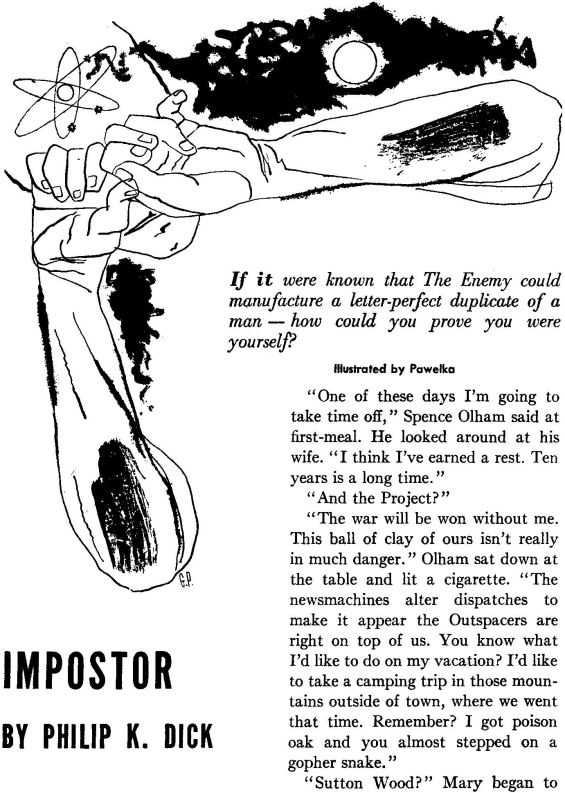

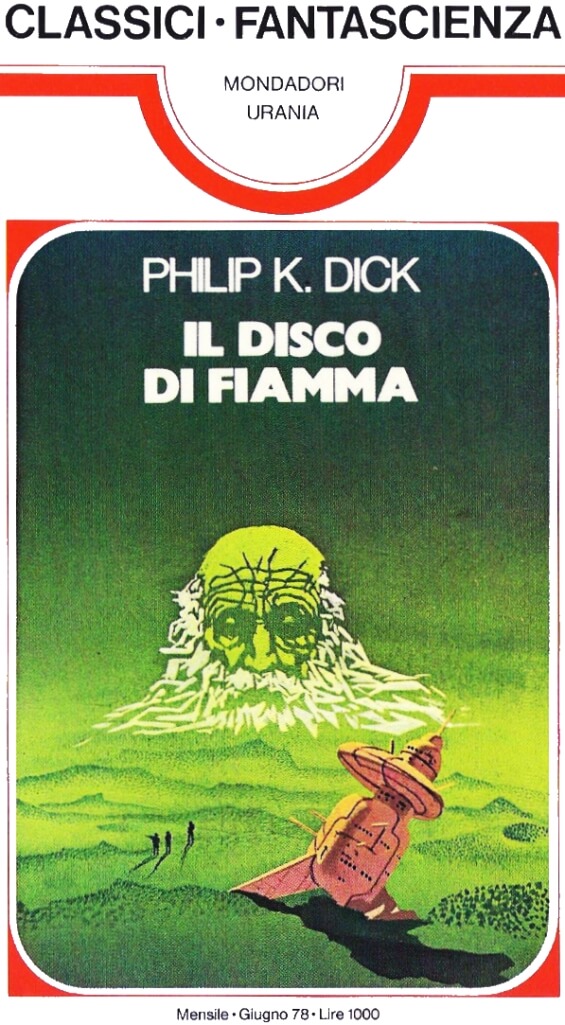
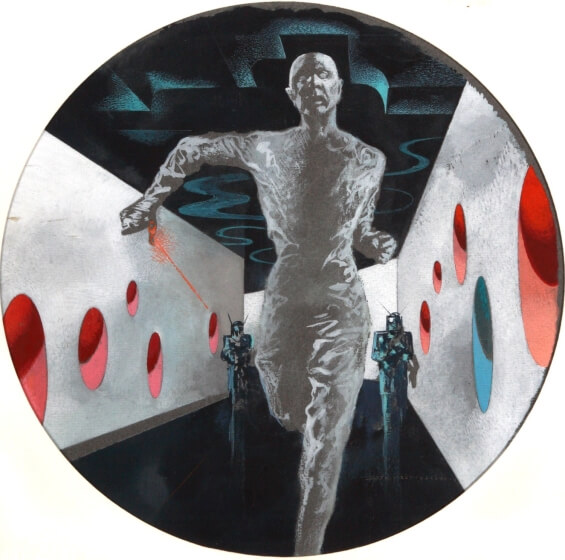
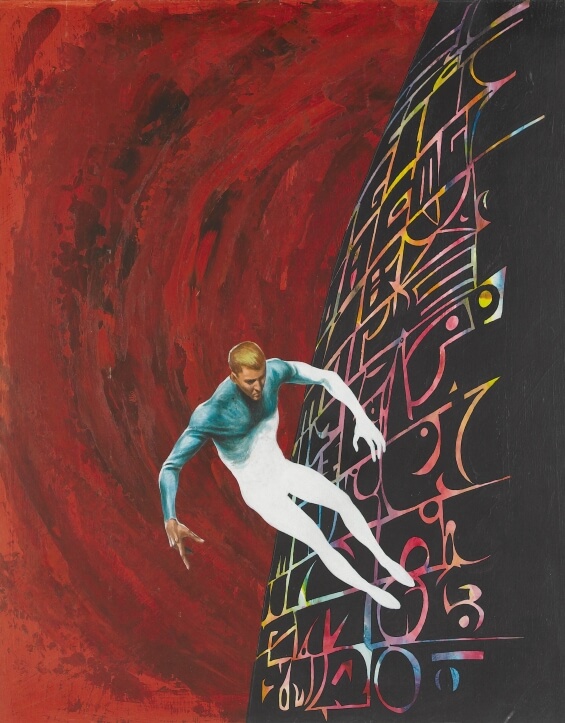

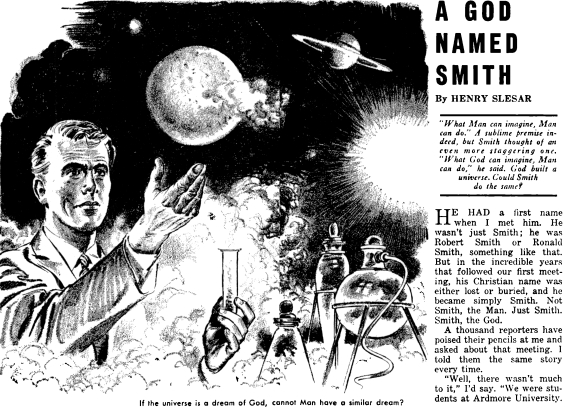
 CBSRMT #0658 – A God Named Smith
CBSRMT #0658 – A God Named Smith